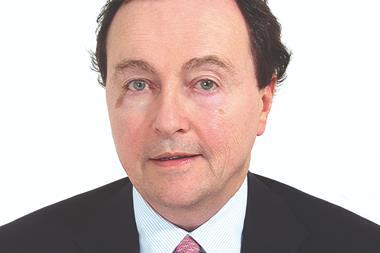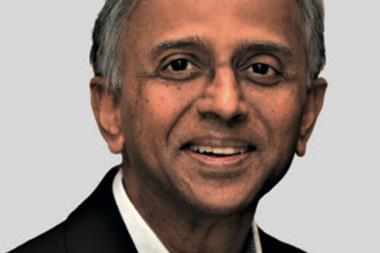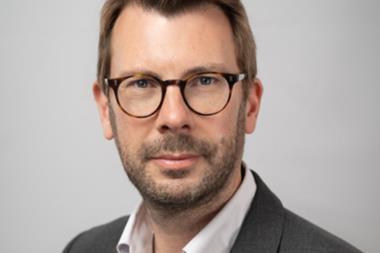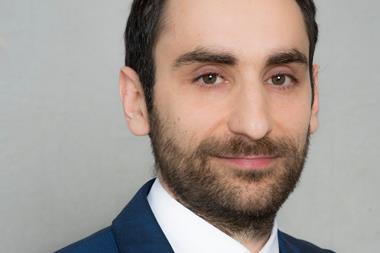In his recent book, Malcolm Gladwell discusses how people’s natural lack of ability to detect lies can lead to unpleasant consequences.
The 2019 book, entitled Talking to Strangers: What We Should Know about the People We Don’t Know, points to the Madoff securities fraud scandal as an example. None of the investors who had met Bernie Madoff, not to mention the Securities and Exchange Commission officers, realised what he was up to. According to the book, investigator Harry Markopolos had uncovered Madoff’s Ponzi scheme years prior to his downfall without ever meeting him.
The book may provide food for thought for investors engaged in asset manager selection under COVID-19. Owing to the restrictions imposed to tackle the pandemic, face-to-face meetings with prospective managers have become almost impossible for most of this year.
As a result, asset owners have had to forgo on-site visits, which are key in the due diligence process. These visits allow manager selectors to get a look at the structure and culture of a firm. Direct meetings also allow for more engaged discussions about investment strategies.
Furthermore, without physically interacting with asset management professionals, it can be difficult to feel an instinct or intuition towards their organisation. That puts investors in an awkward position, as it may reduce their confidence in their decisions. To deal with the situation they have amended their policies, put more effort into desk-based research and tried to improve video interviews.
However, investors should not forget a key point. Making a judgment on how an asset management firm’s culture fits with that of their own institution was always difficult. Gladwell’s book offers an interesting reading of the issue. He argues that we should “accept the limits of our ability to decipher strangers”.
Interestingly, investors have also reported positive outcomes from video-based due diligence. They can access more staff at the same time and plan meetings with ease. They can also assess the way firms treat staff. They can do so by checking, for example, how comfortable employees are with their remote setups.
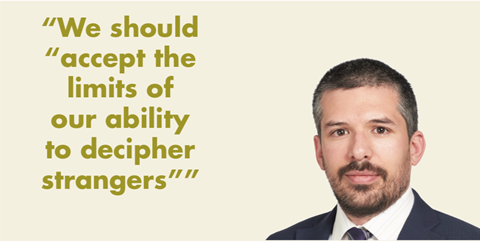
At the same time, monitoring managers has also become easier, as video calls are scheduled more frequently than in-person meetings.
Selecting and monitoring managers is a fundamental part of investors’ fiduciary duty. COVID-19 has forced investors to adapt their selection processes but it is hard to see how it has made them less effective.
Perhaps this development should serve as a reminder that investment strategy and asset allocation remain the first-order challenge.
Carlo Svaluto Moreolo, Senior Staff Writer
carlo.svaluto@ipe.com













